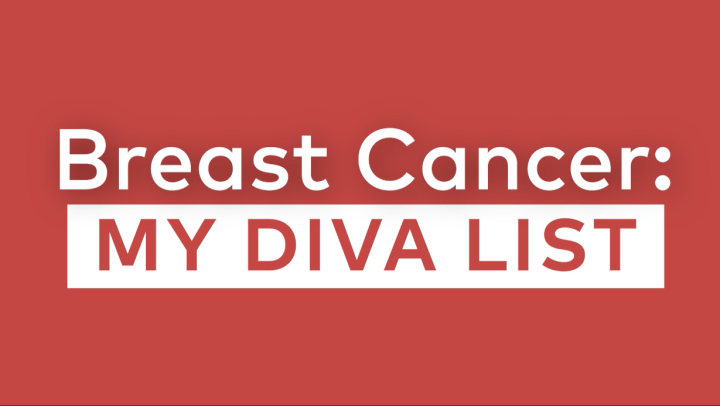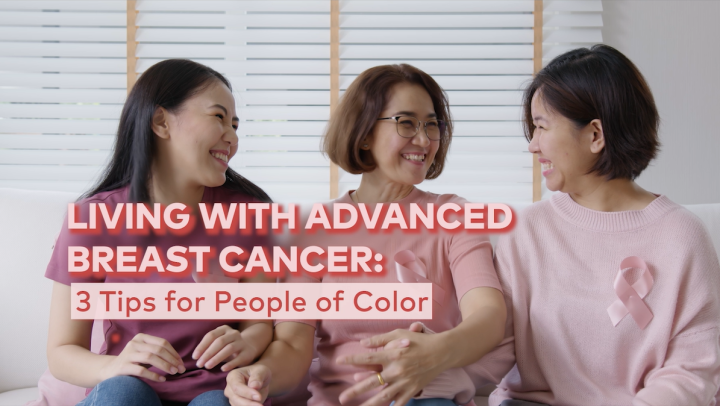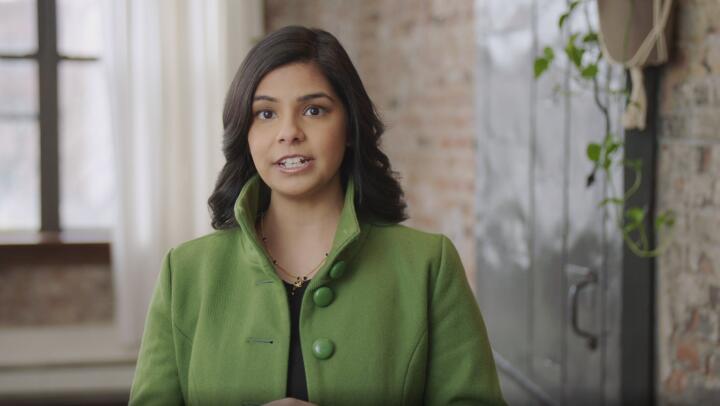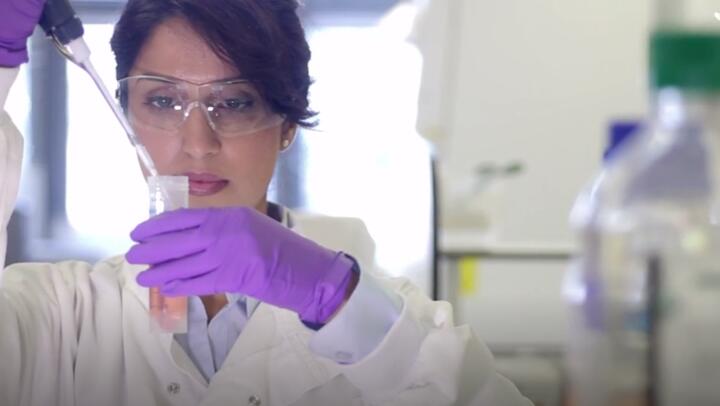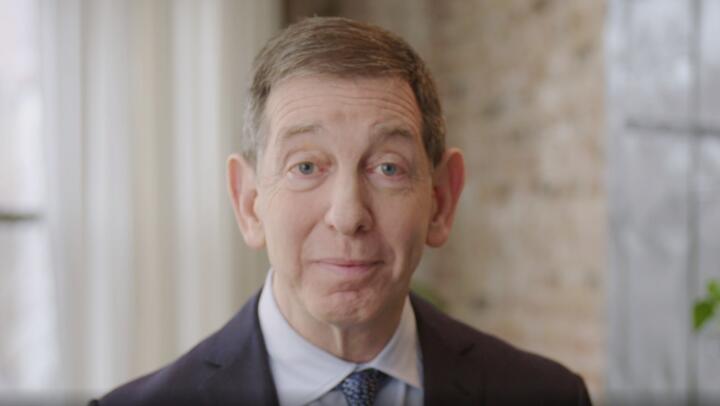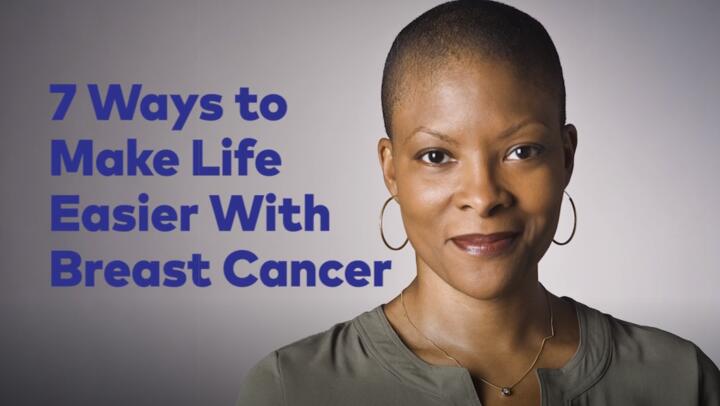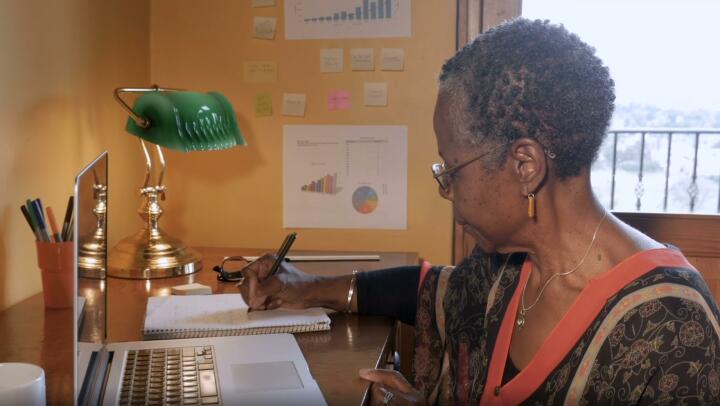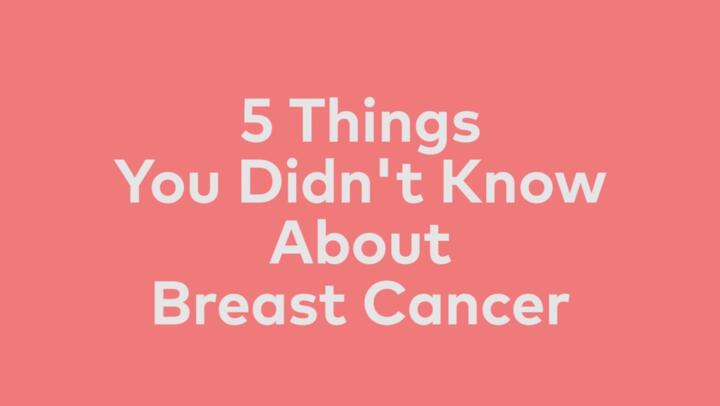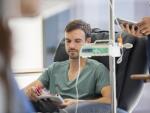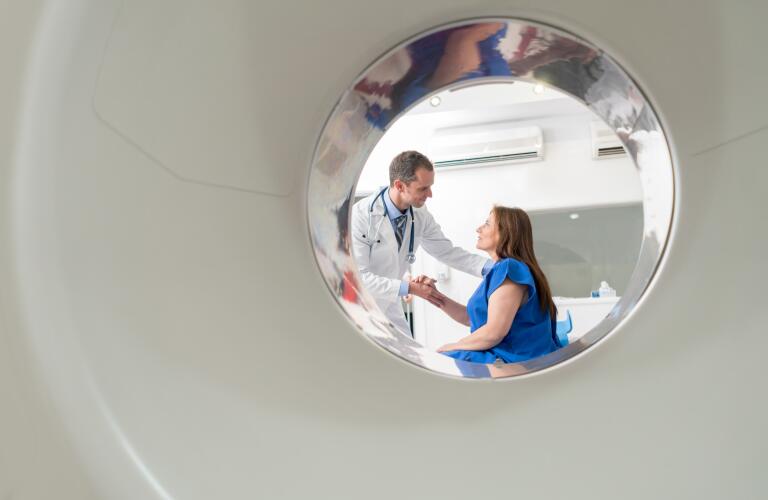
Caring for cancer goes far beyond just treating the tumor—it’s just as important to care for the whole cancer patient. Hematologist/oncologist Eugene Ahn, MD, Medical Director of Clinical Research at Cancer Treatment Centers of America at Midwestern Regional Medical Center, explains what patients should know during cancer treatment.
1. Q: What is your goal when treating cancer?
A: Of course, our goal is always to eradicate the cancer from the body. But the patient plays a big role outside of receiving medication. I try to emphasize to my patients that they are the most important people in the exam room. I follow an integrative care model where the focus of each doctor’s visit is on how patients are feeling and what they’re thinking—what the experience is like for them. I try to make patients feel empowered to speak up for themselves and declare their needs. I look at their lifestyles and determine if they’re living in ways that promote good health, or if they’re promoting disease. And I try to determine why they’re engaging in bad habits and work to help them cope in healthier ways. Integrative care, to me, means looking at many dimensions of what the patient is going through and not just focusing on the disease.
2. Q: How does mental health factor in to the cancer treatment process?
A: Many issues can impact patients while they are treated for cancer. Psychologically, a cancer diagnosis and treatment can lead to depression, chronic anxiety, and stress, which is why I encourage patients to connect with mental health counselors, psychiatrists, and/or psychologists to help them work through these issues. For those without adequate family support in particular,I always recommend patients join support groups, whether online or in-person. If psychological needs are not addressed, it will be more likely the patient will quit treatment prematurely and have worse outcomes.
3. Q: What is the role of diet and exercise in treating cancer?
A: Weight loss and appetite loss are common issues that can result from cancer progression or treatments themselves, especially chemotherapy. I encourage patients to consult with dietitians to address these issues, as patients need to be giving their bodies essential nutrients in order to better endure treatment and have optimal quality of life. Fatigue is also another element—cancer can directly cause fatigue, or treatment itself may be the culprit. Generally, the literature suggests the best method for fighting fatigue is physical activity. It’s a paradox; the last thing patients want to do when they’re struggling with fatigue is move, but if they move, they actually feel a lot better. I encourage my patients to get any type of physical activity, whether it’s walking, yoga, tai chi—whatever they can tolerate. And in some cases, I recommend they see a physical therapist who can work with them more intensively if they need it.
4. Q: How can patients alleviate pain due to cancer and cancer treatment?
A: Many patients suffer from acute or chronic pain, specifically neuropathy, which can cause burning, tingling, numbness, sensitivity, and more. Fortunately, there are a lot of things we can do to relieve pain, using medications, transcutaneous electrical stimulation (TENS) machines that help to block pain signals in the brain, and mind-body techniques such as hypnosis and biofeedback. Certain supplements, like B6 and glutamine, have been shown in studies to prevent nerve damage that can cause pain. Chiropractic doctors can help to alleviate joint and muscle pain in certain situations, as well as acupuncture. Like with fatigue, physical activity can help ease pain in many situations; for example, studies have shown yoga and tai chi benefit cancer patients by reducing their pain levels from aromatase inhibitors used for breast cancer treatment.




